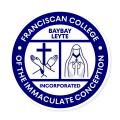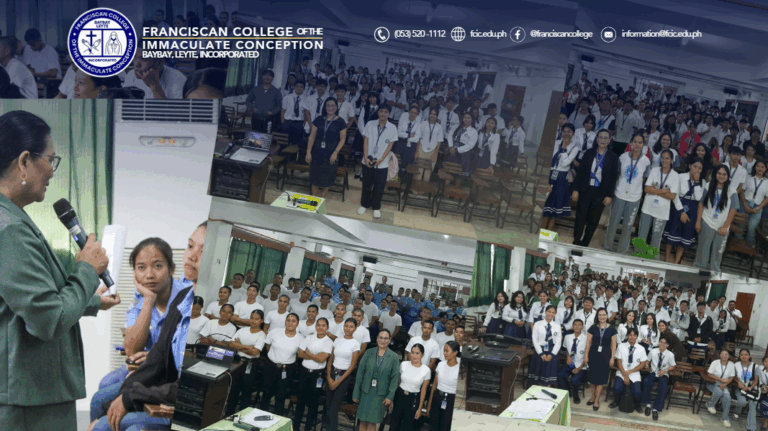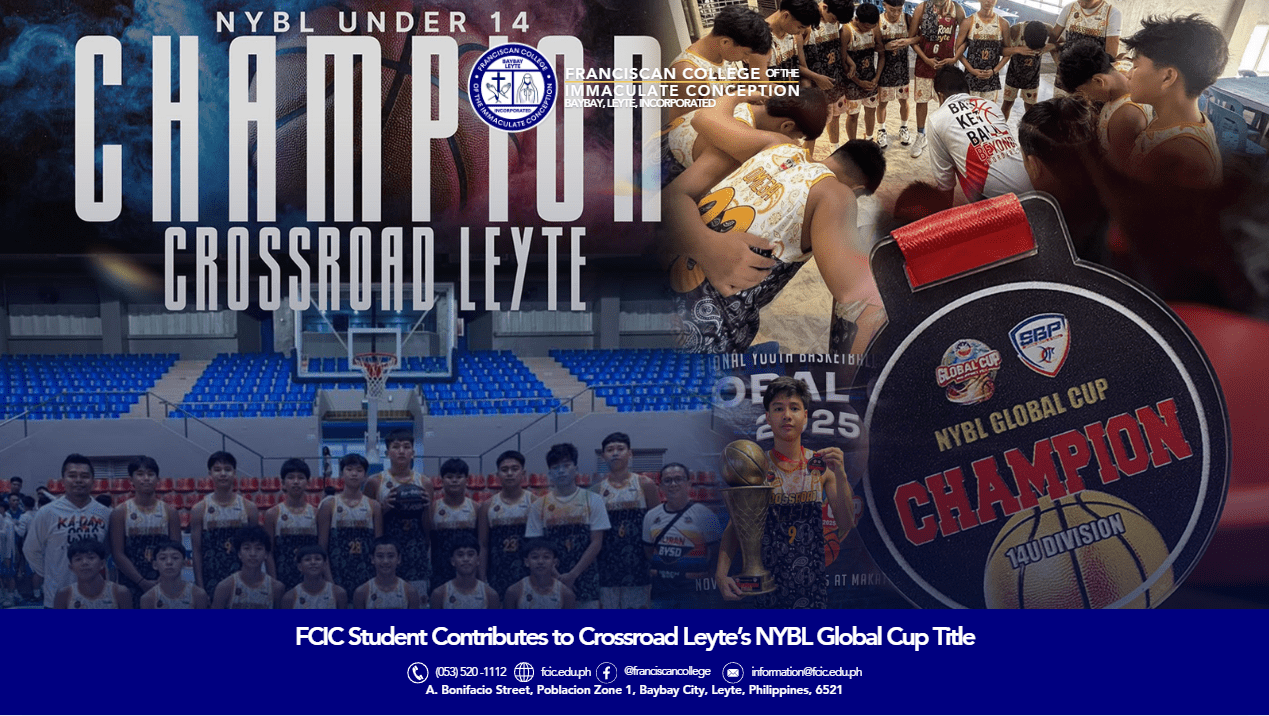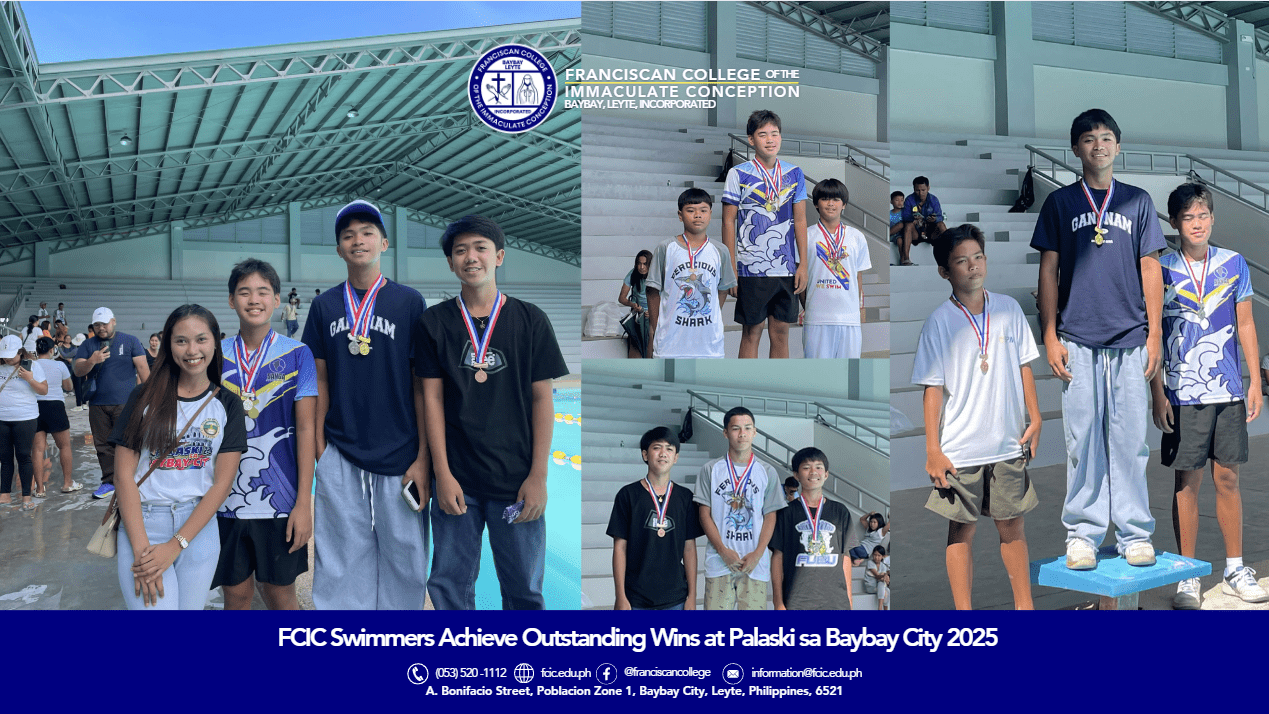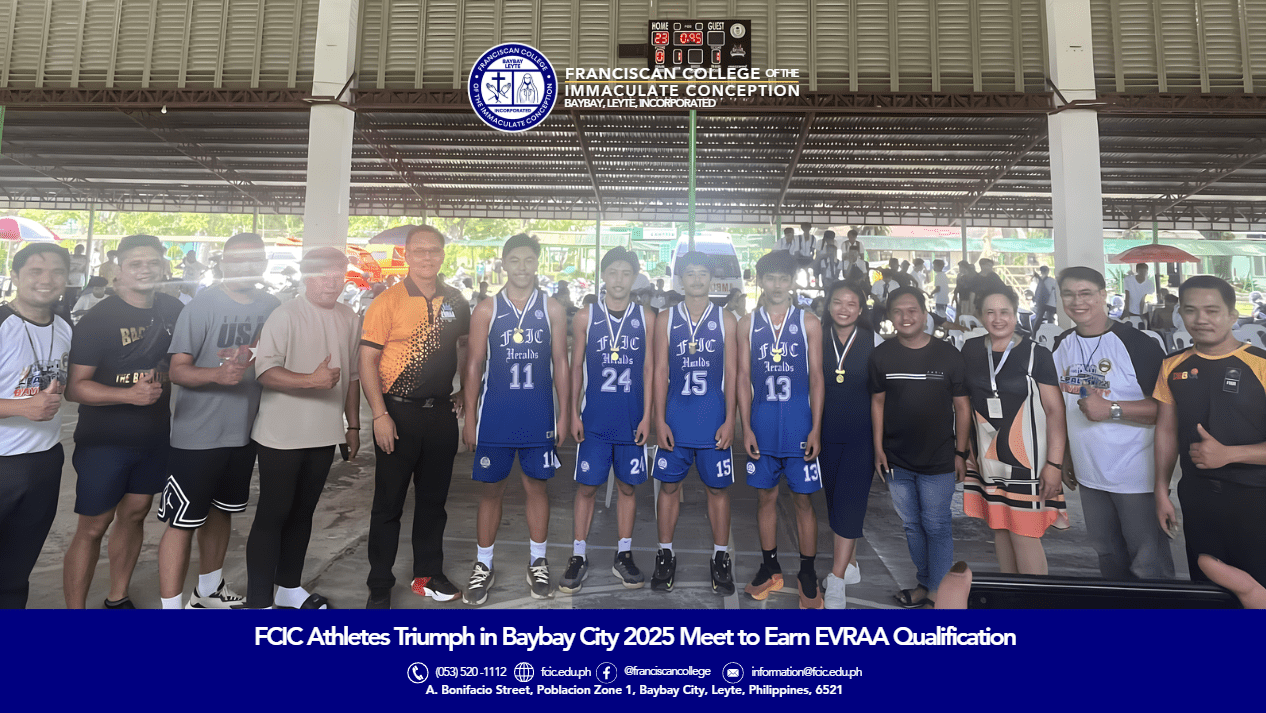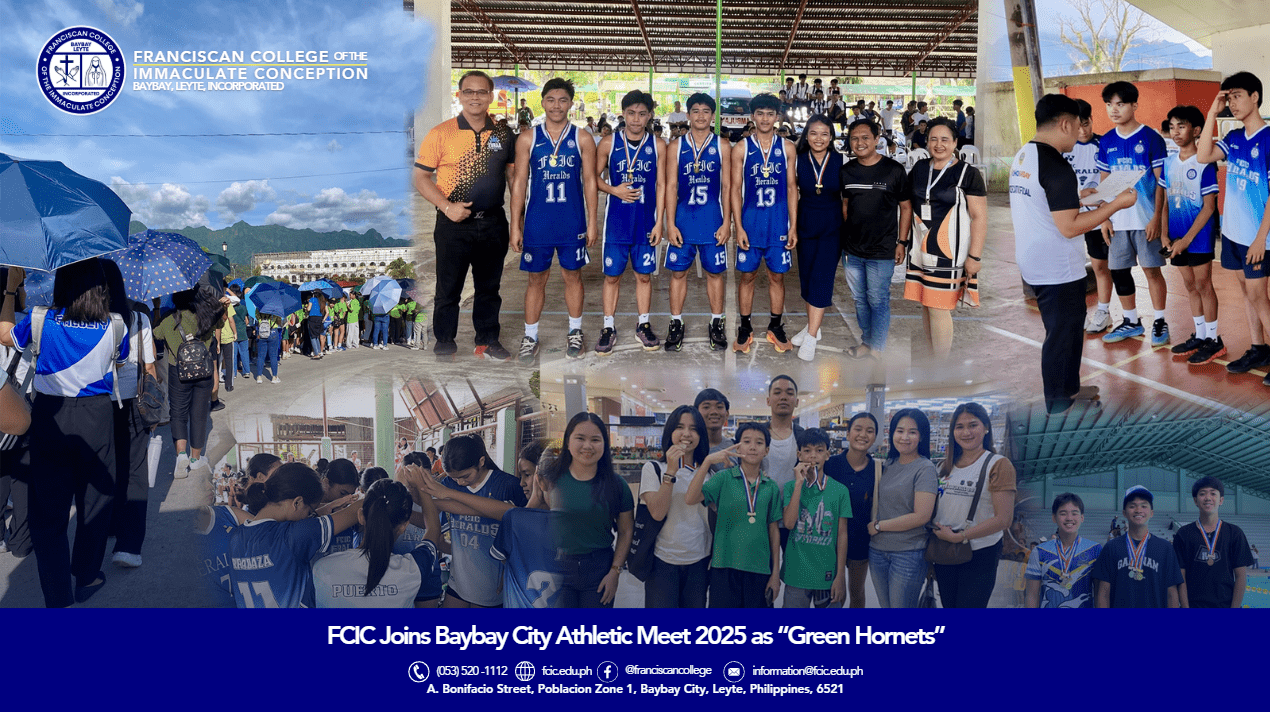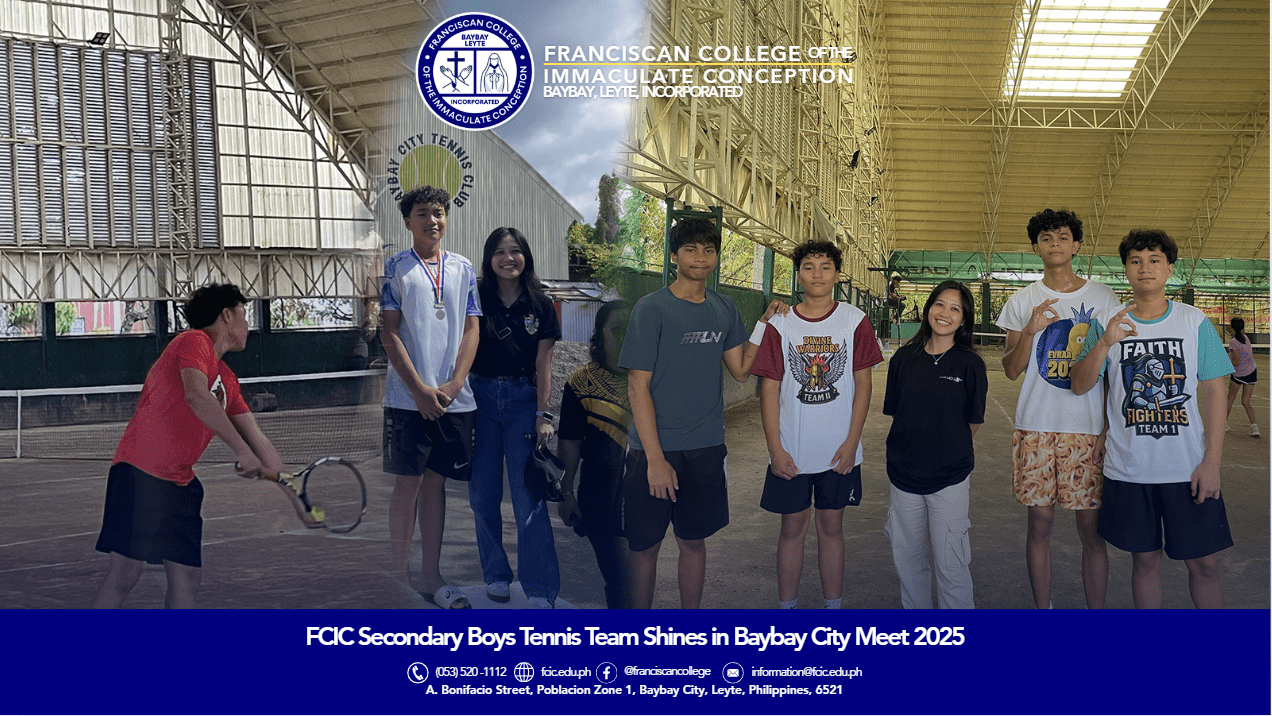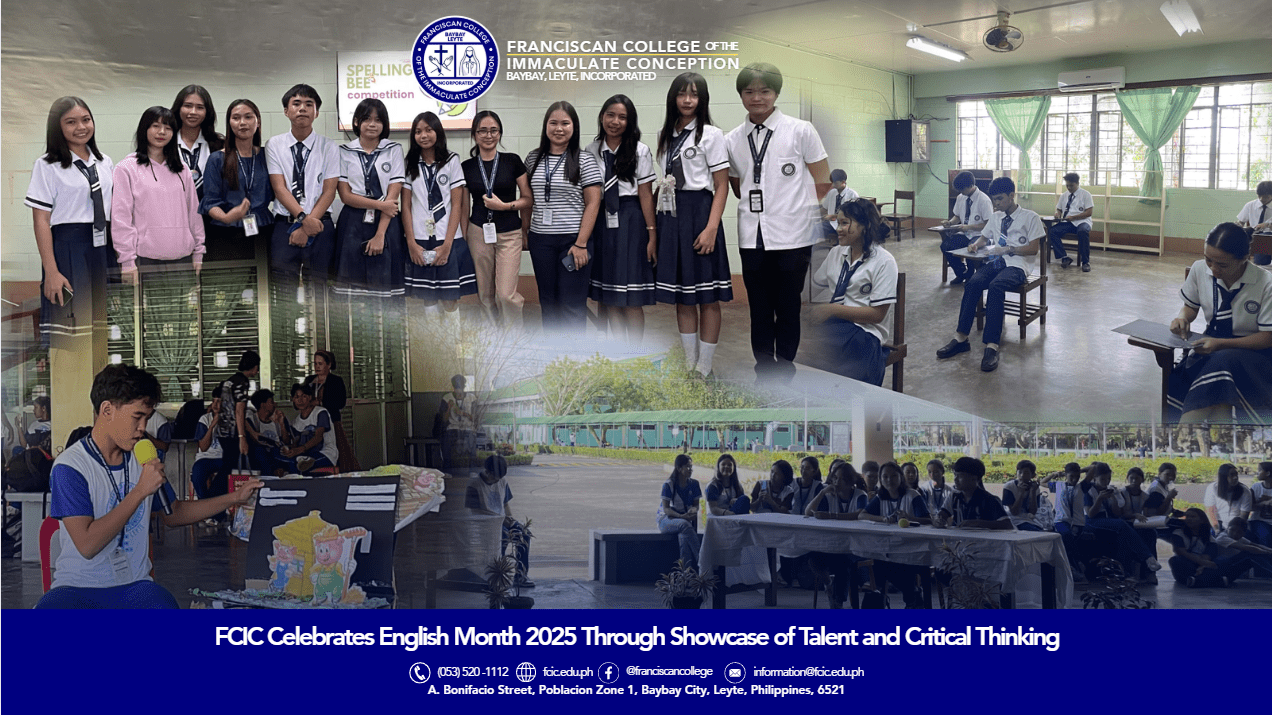The FCIC Gender and Development Office with its focal Person Dr. Maria Victoria A. Gonzaga spearheads a series of Gender and Development (GAD) Orientations across various college programs as part of the institution’s gender mainstreaming efforts in the month of September, 2025. These sessions aimed to strengthen awareness and understanding among students on gender mainstreaming, its legal foundations, and the social realities surrounding gender issues in both academic and everyday settings.
The series of orientations start with the College of Business Administration and College of Midwifery on September 10, 2025, College of Criminal Justice on September 12, 2025, College of Teacher Education, College of Information Technology and Bachelor of Office Administration on September 23, 2025, the Bachelor of Hospitality Management on September 24, 2025.
The orientation began with a comprehensive discussion on the Rationale of the Gender and Development Mainstreaming Education Institutions, CEDAW – Convention on the Elimination of all Forms of Discrimination Against Women (CEDAW), 1987 Philippine Constitution, Article II, Section 14, The Women in Development and Nation Building Act or Republic Act No. 7192, the Commission on Higher Education (CHED) Memorandum Order No.01, series of 2015 Establishing the Policies and Guidelines on Gender and Development the Commission on Higher Education and Higher Education Institutions (HEIs).
These legal mandates underscore the responsibility of HEIs to create environments where gender equality and sensitivity are upheld.
Another key focus of the orientation was on prevailing gender issues and concerns, both in the academic setting and in broader social contexts. Dr. Gonzaga tackled topics such as gender-based violence, gender stereotypes, discrimination, and unequal opportunities. This opened an avenue for critical reflection and dialogue among students, highlighting the importance of identifying and challenging subtle and overt forms of gender bias in schools, families, and communities.
Significantly, the session also touched on the rights of persons with disabilities (PWDs) through a review of Republic Act 7277or theMagna Carta for Disabled Persons. Students learned about the intersectionality between gender and disability, and how institutions can be more inclusive by addressing the specific needs and challenges faced by PWDs, particularly women and LGBTQ+ individuals with disabilities.
To deepen engagement and contextual understanding, students were grouped and given an activity that allowed them to identify and share gender-related issues they have encountered or observed in their school, home, and community. This interactive session encouraged peer learning and fostered empathy, as students shared real-life experiences ranging from gender roles at home, to lack of gender-neutral facilities in school, to discrimination within peer groups. The activity not only encouraged critical thinking but also empowered students to propose possible solutions to these issues.
In conclusion, the GAD orientations proved to be a vital step in cultivating a gender-sensitive and inclusive school culture. The students gained knowledge of legal frameworks, real-world gender concerns. The participatory learning activities and sessions have heightened their awareness and sense of responsibility in promoting equality. Ultimately, initiatives like these contribute to making FCIC a safe, respectful, and empowering space for all. A place where everyone feels safe and respected.
By Dr. Maria Victoria Gonzaga
